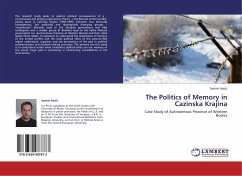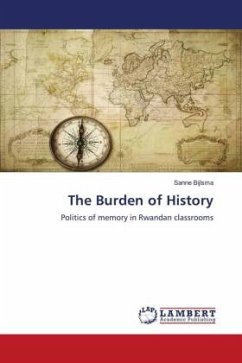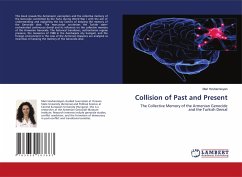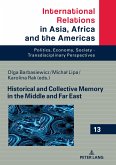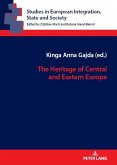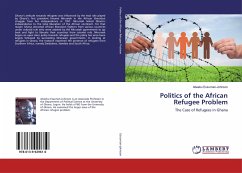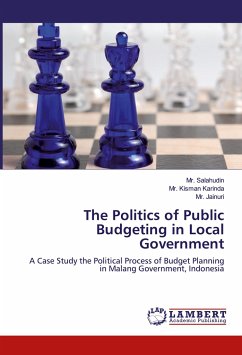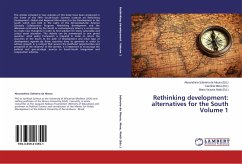The research study seeks to explore political consequences of a - controversial and largely neglected by theory - intra-Bosniak armed conflict, taking place in Cazinska Krajina (1993-1995), between two ethnically homogenous, but politically and ideologically diverging groups mainstream Bosniaks loyal to the Sarajevo government and Alija Izetbegovic and a smaller group of Bosniaks loyal to the Velika Kladusa government (i.e. Autonomous Province of Western Bosnia) and their rebel leader Fikret Abdic. It endeavors to understand the importance of memory of the armed conflict and the ways political elites of this post-conflict region understand, organize, and use perceptions of the past in political communication and decision-making processes. The primary aim this study is to understand under what conditions political elites can use memory of the recent tragic past in promoting or obstructing consolidation in the local society.
Bitte wählen Sie Ihr Anliegen aus.
Rechnungen
Retourenschein anfordern
Bestellstatus
Storno

